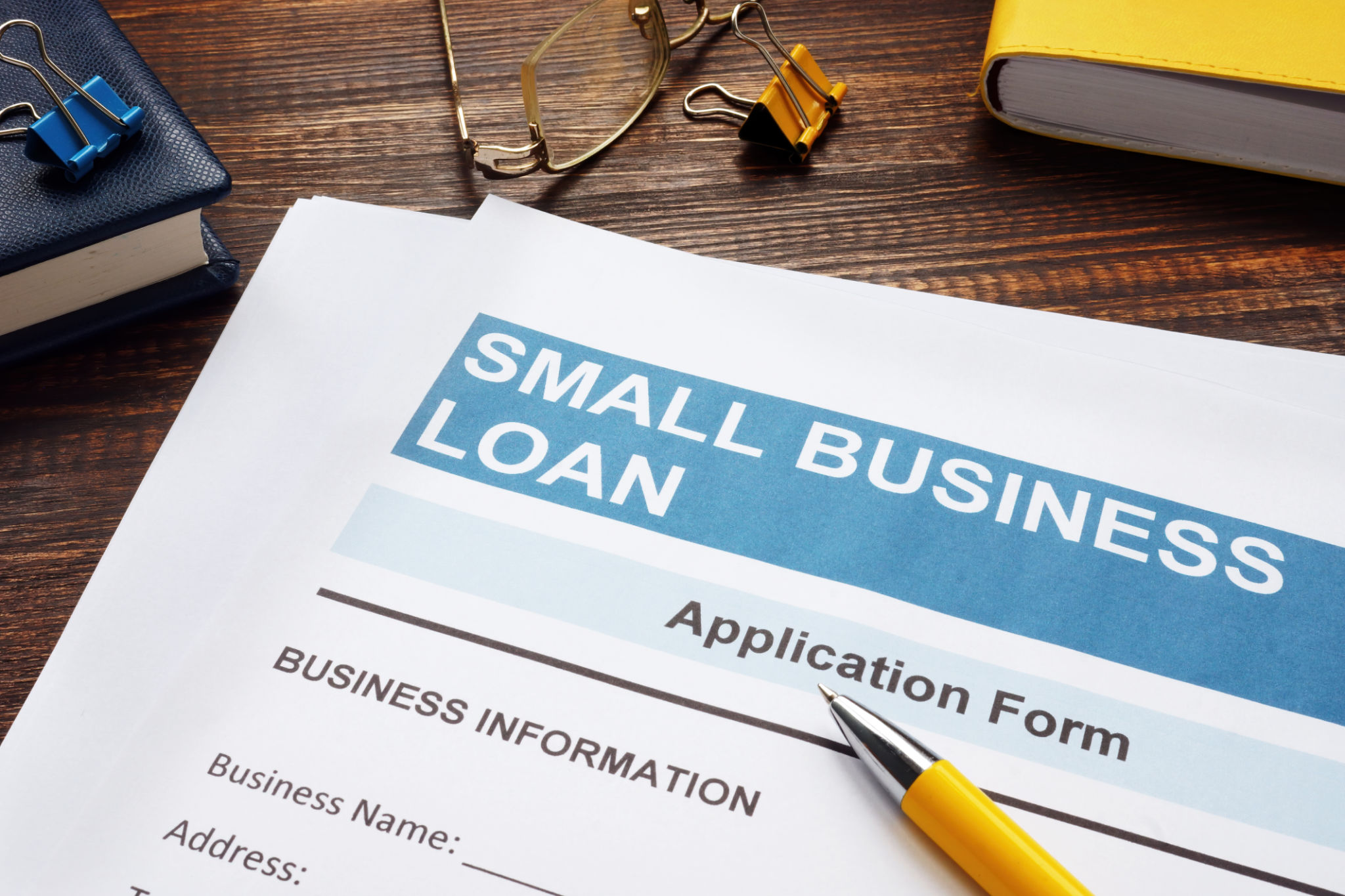Secured vs. Unsecured Business Loans: Which is Right for You?
Understanding Secured and Unsecured Business Loans
When considering financing options for your business, it's crucial to understand the difference between secured and unsecured business loans. These two types of loans can significantly impact your financial strategy and business growth. Each has its own set of advantages, disadvantages, and suitability based on your business's unique needs.
A secured business loan requires the borrower to pledge an asset as collateral. This asset can be anything of value, such as property, equipment, or inventory. On the other hand, an unsecured business loan does not require collateral, which means the lender relies on the borrower's creditworthiness and financial history.

The Advantages of Secured Business Loans
Secured loans typically offer lower interest rates because the lender has an asset to fall back on if the borrower defaults. This makes them an attractive option for businesses with significant assets to use as collateral. Additionally, secured loans often come with higher borrowing limits, allowing companies to access more capital for substantial investments or expansion efforts.
However, the requirement for collateral can be a drawback for new businesses that might not have substantial assets yet. It's also important to consider the risk involved; if you fail to repay the loan, you could lose the asset pledged as collateral.
The Benefits of Unsecured Business Loans
Unsecured business loans are appealing because they don't require collateral, making them accessible for businesses without significant assets. This type of loan can be easier and quicker to obtain since there's no need for asset valuation or other procedures involved in secured loans.
Despite these benefits, unsecured loans generally come with higher interest rates due to the increased risk for lenders. They also might have stricter credit requirements and lower borrowing limits compared to secured loans. As such, they are often better suited for smaller, short-term financial needs.

Choosing the Right Loan for Your Business
When deciding between a secured or unsecured business loan, consider factors such as your current asset holdings, credit history, and how much funding you need. If you have valuable assets and need a larger sum of money at a lower interest rate, a secured loan might be the right choice.
Conversely, if your business is newer or lacks substantial assets, or if you require funds quickly without a lengthy approval process, an unsecured loan could be more suitable. It's essential to weigh the pros and cons of each option carefully before making a decision.
Additional Considerations
Apart from your immediate needs and asset availability, think about your long-term financial strategy. Consider how each type of loan might affect your business's financial health in the future. Will you be able to make regular repayments without straining your cash flow? How will potential changes in interest rates impact your finances?

It's also advisable to consult with a financial advisor or loan specialist who can offer personalized advice based on your business's specific circumstances. They can guide you through the application process and help you understand the terms and conditions of different loan products.
Ultimately, whether a secured or unsecured business loan is right for you depends on a variety of factors related to your business's financial situation and goals. By thoroughly evaluating your options, you can make an informed decision that supports your company's growth and stability.
